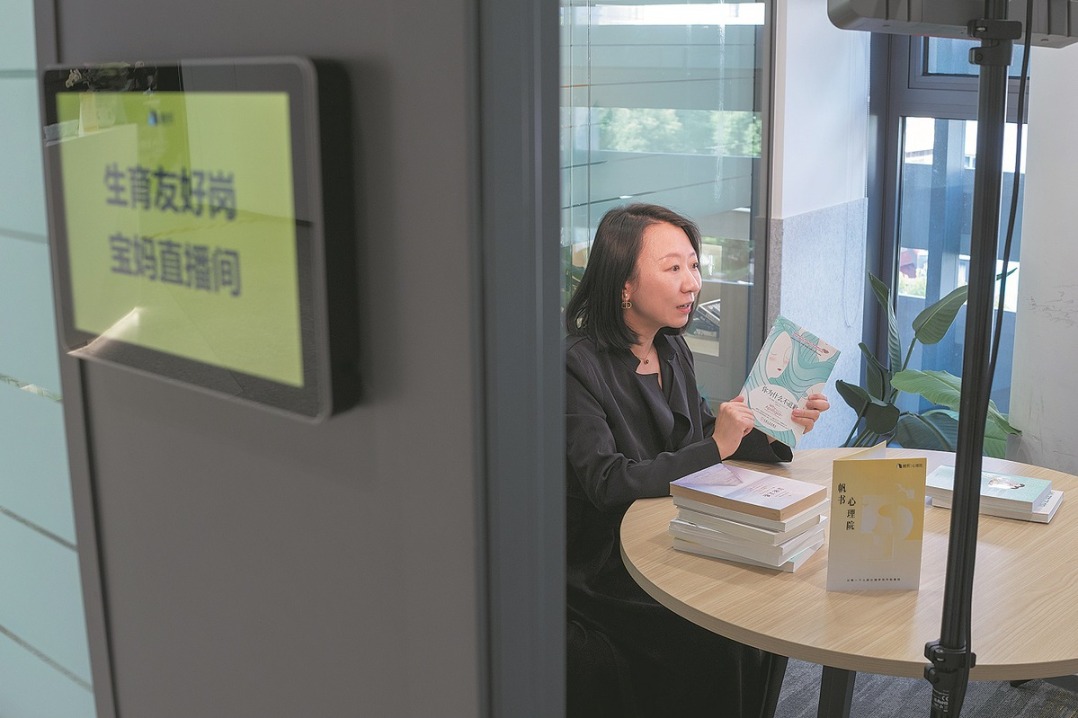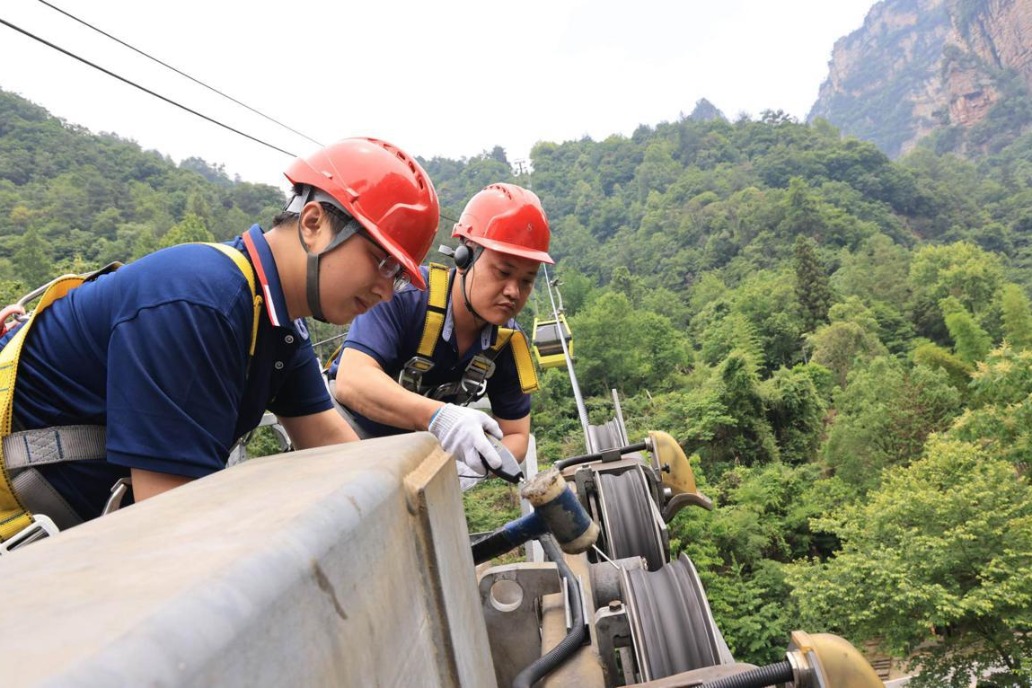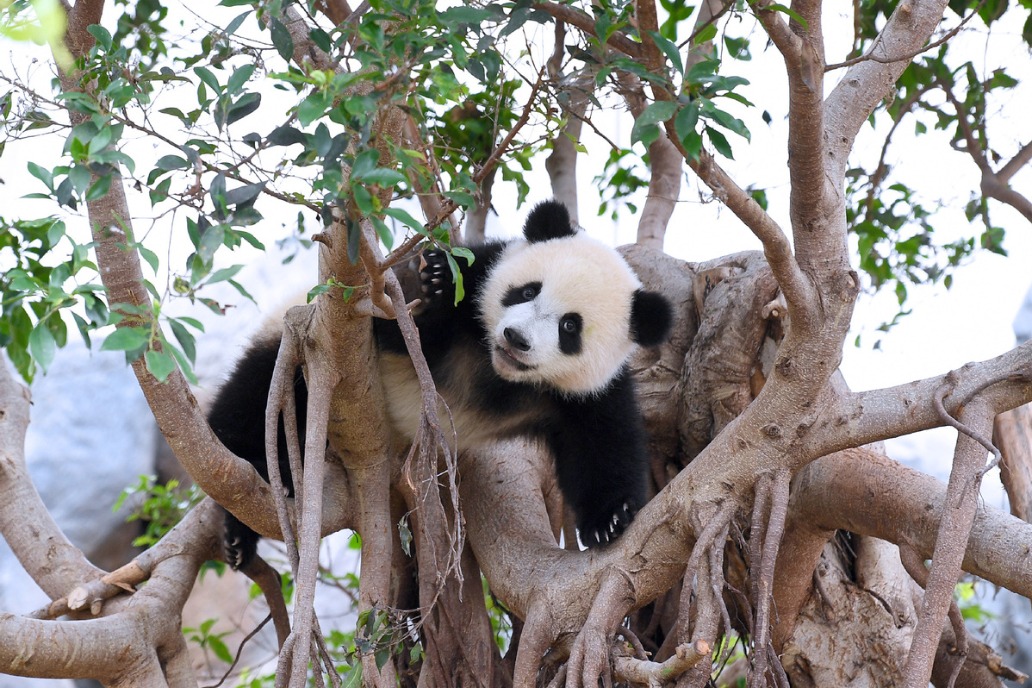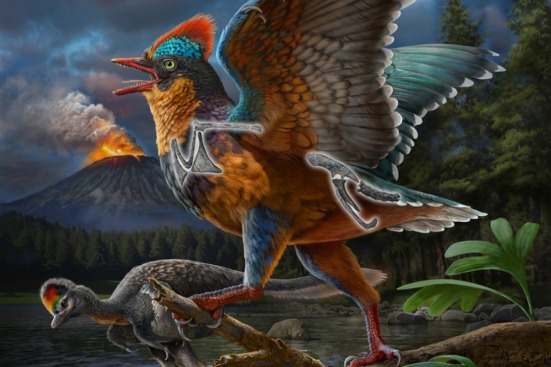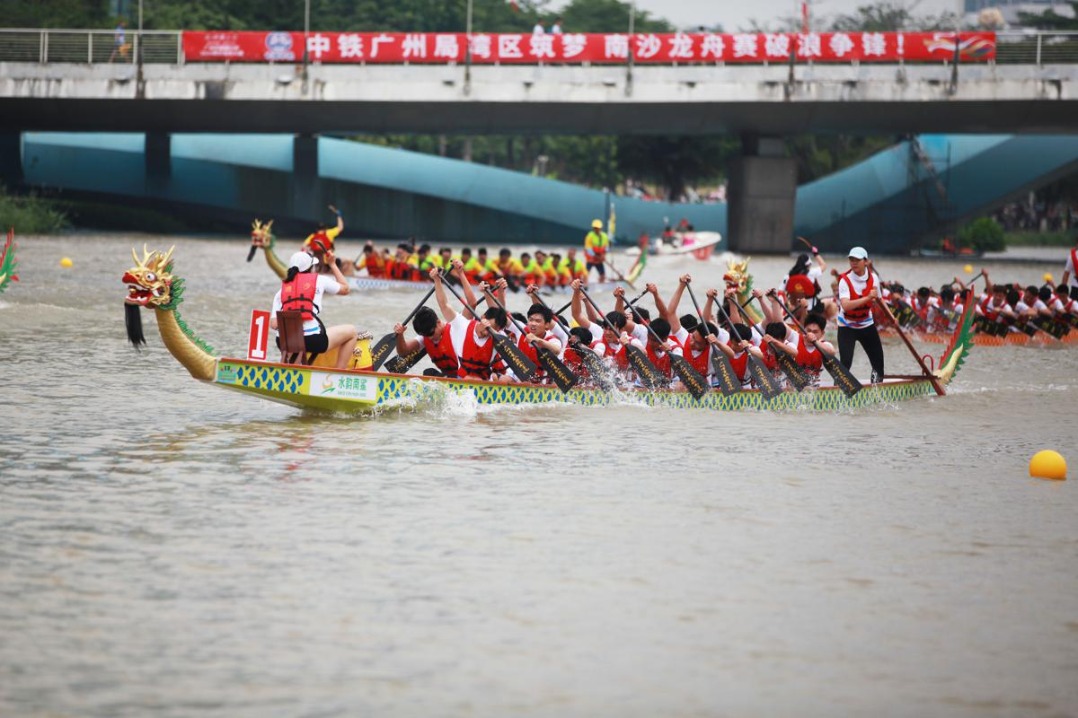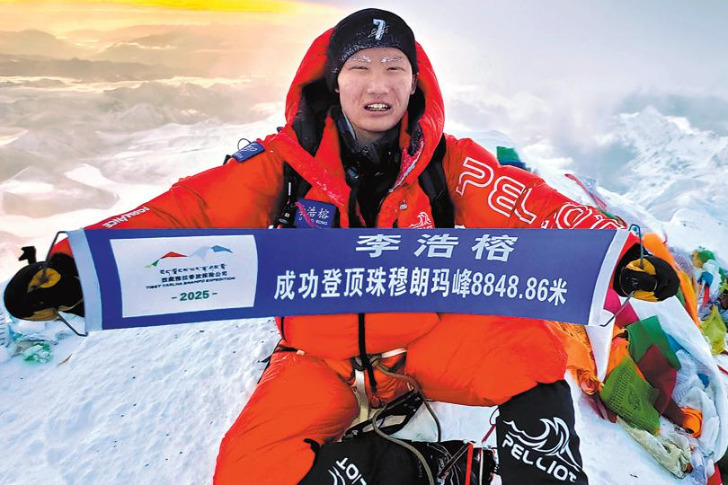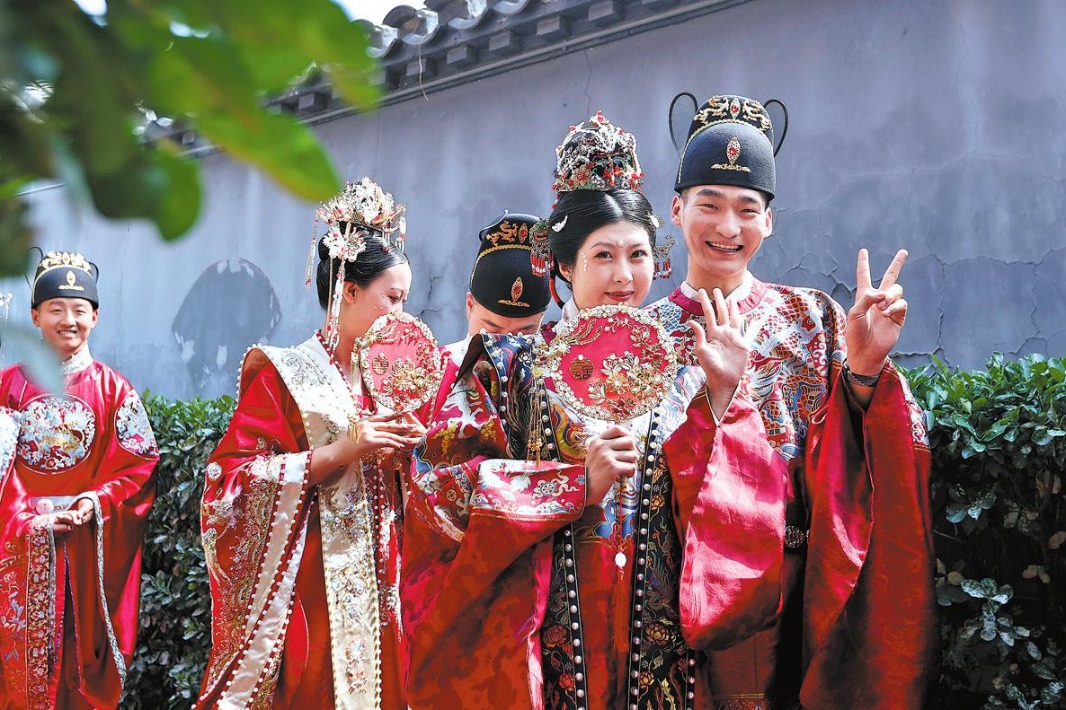Summit highlights shared roots as bridge of connection
Attendees at cross-Strait event uphold one-China principle, spirit of culture

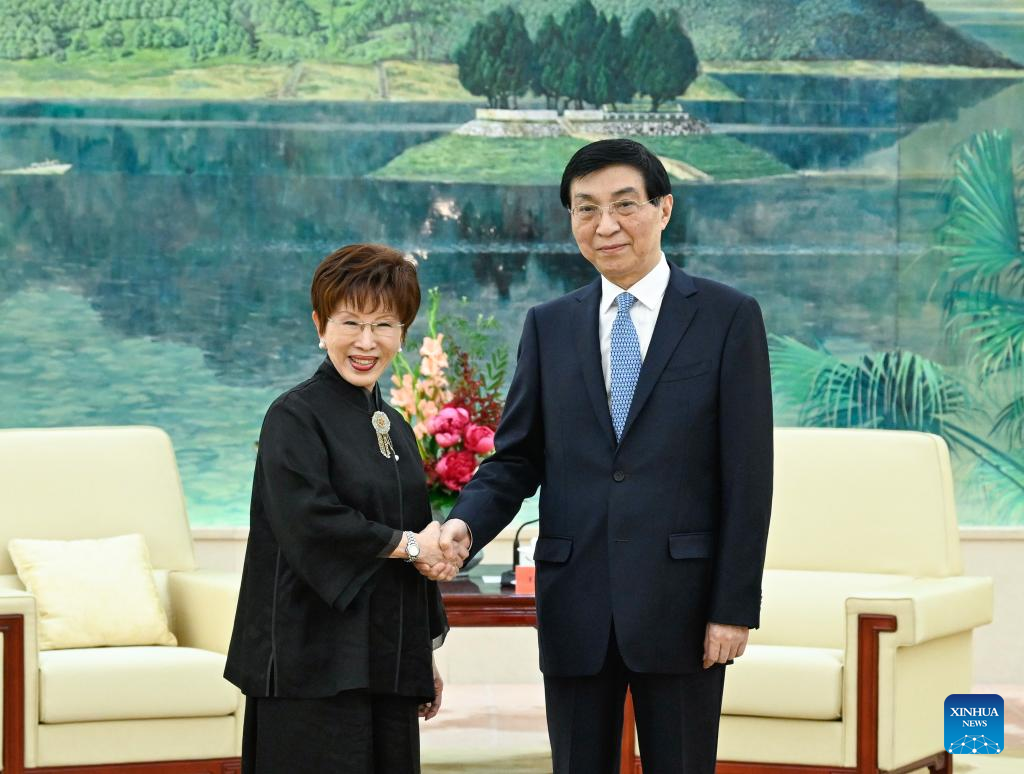
The shared Chinese roots and cultural heritage of the mainland and Taiwan should serve as a bridge for connection rather than a tool for division, representatives from both sides said at a cross-Strait culture summit on Wednesday.
On Tuesday, Wang Huning, a member of the Standing Committee of the Political Bureau of the Communist Party of China Central Committee and chairman of the National Committee of the Chinese People's Political Consultative Conference, met with guests from Taiwan attending the summit.
Wang said Chinese culture is the root and soul of people on both sides of the Taiwan Strait. He called for greater cultural confidence, joint efforts to carry forward the spirit of Chinese culture, a mutual understanding of a shared sense of historic responsibility, and unity in striving for the rejuvenation of the Chinese nation.
"We must jointly uphold the one-China principle and the 1992 Consensus, and firmly oppose 'Taiwan independence' and separatist activities," he said.
The second Cross-Strait Chinese Culture Summit was held in Beijing on Wednesday, drawing more than 800 cultural representatives from both sides.
Hung Hsiu-chu, former chairperson of the Kuomintang, expressed dismay at the DPP's refusal to acknowledge such roots.
"Taiwan once preserved Chinese culture in its most complete form. However, it is both regrettable and heartbreaking to see the Democratic Progressive Party, in its pursuit of 'Taiwan independence', deliberately replacing Chinese culture with a localized ideology," she said.
"This attempt by the DPP has undermined Taiwan's cultural foundations and squandered a valuable opportunity for the two sides of the Strait to foster innovation through communication and cultural exchange," she added.
With a theme of "inheritance, promotion and development", the summit aims to leverage Beijing's cultural resources to promote cross-Strait dialogue, according to Song Tao, head of both the Taiwan Work Office of the Communist Party of China Central Committee and the Taiwan Affairs Office of the State Council.
"This event is expected to strengthen the spiritual bond between compatriots on both sides of the Strait and foster a deeper emotional connection," Song said.
Hung Meng-chi, honorary chairperson of the Chinese Culture, Education & Economic Trade Creative Association in Taiwan, said in his speech that Chinese philosophy has always been centered on the people.
"National reunification is not only the natural course of history but also its inevitable outcome," he said. "Coming to Beijing feels like returning to the embrace of our cultural mother."
From Mazu worship to the Hokkien dialect, people on both sides of the Strait have jointly created and preserved a rich cultural heritage, said Zhang Zheng, vice-chairperson of the China Federation of Literary and Art Circles. He noted that the first summit was held last October and that communication has since deepened with fruitful outcomes.
"We will strengthen exchanges and cooperation in literature, art, education and academia, and work together to protect and pass on our cultural legacy," Zhang said.
Experts and delegates from both sides exchanged views on Chinese culture, emphasizing its deep roots in the literature, traditions and values shared across the Strait. Many expressed hope that this common cultural foundation could guide both sides toward a shared future.
"Culture is shared by both sides of the Strait. We need traditional culture, and we must also develop it and draw upon it to address our current challenges," said Meng Man, a professor at Minzu University of China.
















